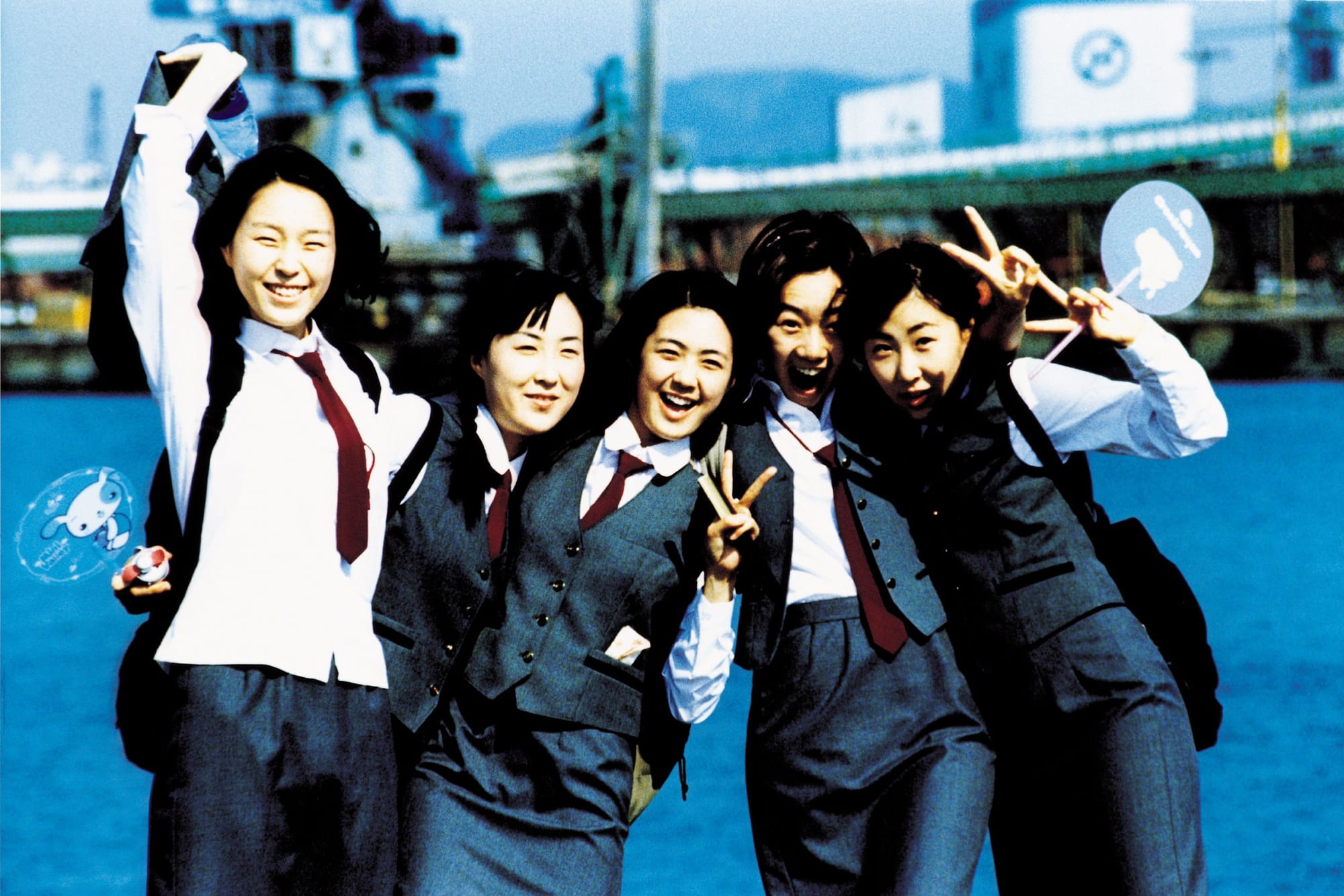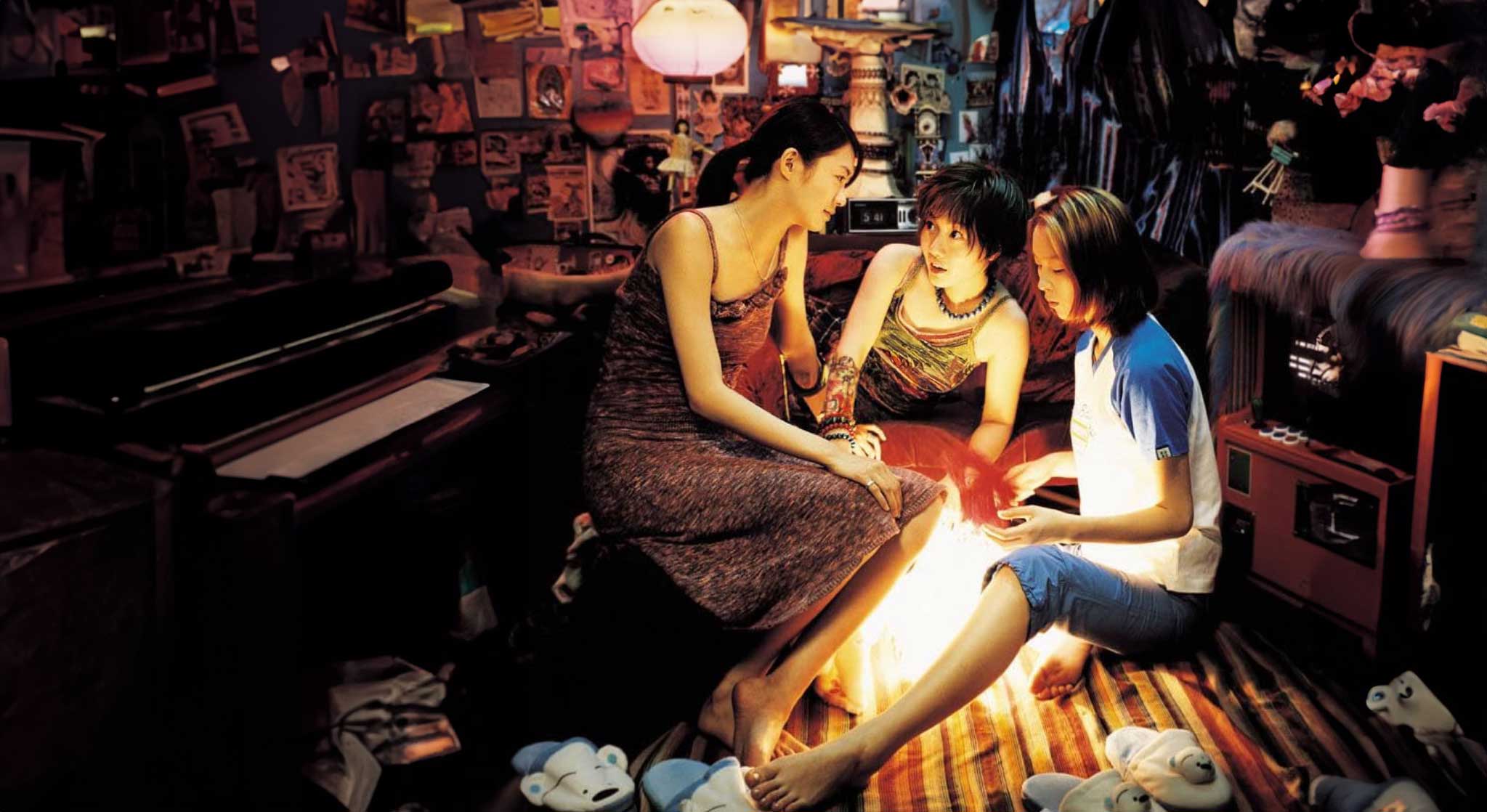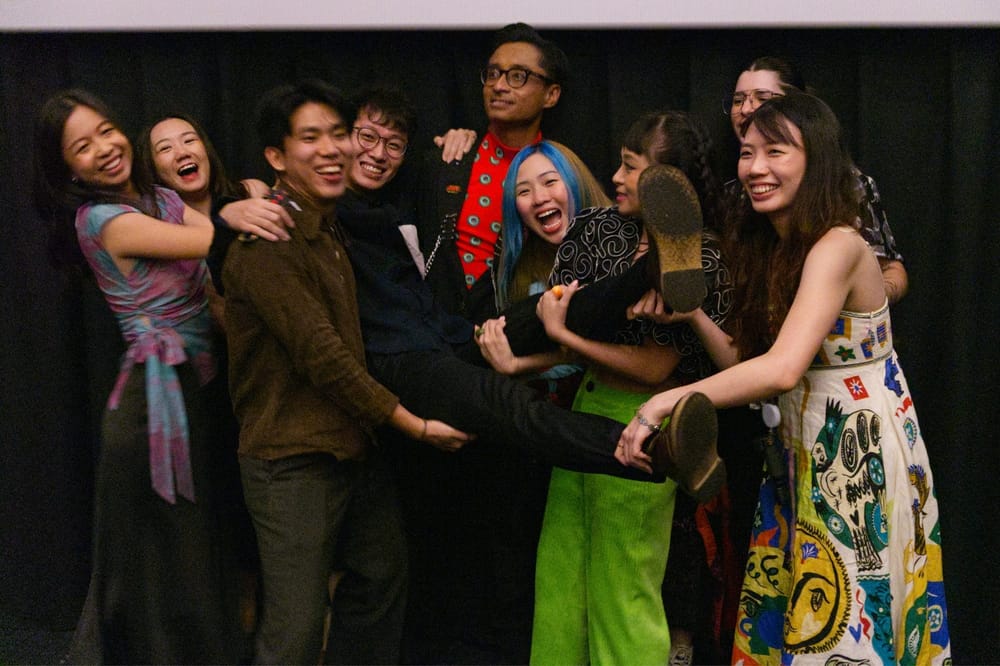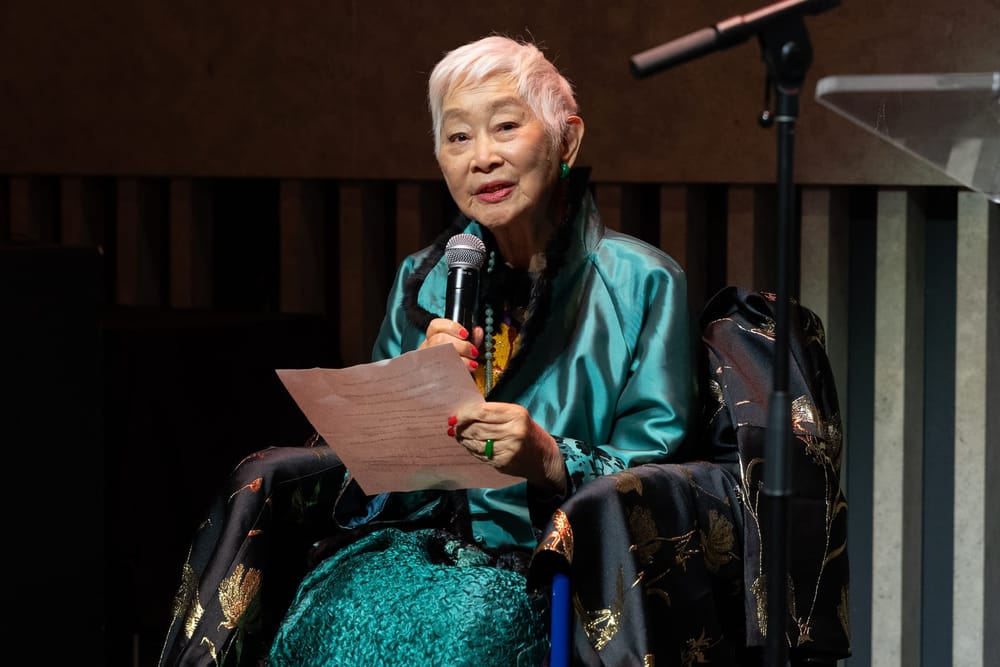By Ning Chang
Young people, especially young women, on the internet have recently been digesting their lives through the frame of girlhood. The Age of the Girl is everywhere, from pleated schoolgirl skirts and the ubiquitous bow in fashion to the blockbuster summer of "Barbie." Beyond just a buzzword, the dominance of girlhood in cultural media speaks also to a sense of lost innocence, and feeling collectively unmoored in a late-capitalist world. It is, essentially, a current-day respect for a prolonged and melancholy coming of age, one that writer and director Jae Eun-jong pinpointed more than two decades ago in "Take Care of My Cat."
A sweet and sensitive story, "Take Care of My Cat" follows five friends in Incheon who graduate from high school and start their adult lives. They struggle to maintain the same closeness they had while in school under the pressures of changing life goals and aspirations, all while taking turns to care for a kitten.

It’s unique to see a female-led coming-of-age film that doesn’t cover the well-worn tracks of first romances, sexual experiences, or even forays into partying and drug use. There is no explosive, blow-up argument, no cat fights, or even many tears. And yet this transition that the group of girls experience feels unflinchingly honest, where distance is caused by simply having different goals in life. And isn’t that how most changes in life occur? Slowly, over time, as your lives begin to take shape independently outside of the natural proximity of a classroom, or an office space, or a relationship, you find yourself becoming unrecognizable.
Hye-ju’s (Lee Yo-won) move to Seoul and her insecurities around her appearance have unintended ripple effects among her friends back home, who balk at her sudden commitment to fashion trends and disdain for their hometown. The deprioritization of their friendship hurts the sullen Ji-young (Ok Ji-young), who feels trapped in poverty and responsibility towards her aging grandparents. Tae-hee (Bae Doo-na), hypersensitive to the eroding ties between the former best friends, dreams of a way out of her middle-class heteropatriarchal family, whether by sea or by air.
The characters vacillate between past connections and the promises that globalization and technology bring to the table, shelling out for new ways to identify themselves and navigate the world. Ji-young cagily borrows money from Tae-hee to help provide for her grandparents, but also to splurge on a new mobile phone, and we watch as she tries every option of ringtone, drowning out the chorus of water leaking and sheet metal rattling in her rundown home. In another scene, Hye-ju dismisses Ji-young’s inability to express her feelings of stagnation as just a bad mood, asking Tae-hee, “What’s so important about being close in the past? It’s the present that matters.” When Tae-hee asks about what attracts her to the present, she says something flippant about her new clothes, unwilling to admit that she is just as uncertain as the rest of them about what the future holds.
It’s an unsettling transition full of big emotions, and Jae handles it with deft and graceful storytelling. Moments that could easily be melodramatic or trivial—arguments, daydreams, tragedies—are lent a simple and human touch. Jae never makes the characters and their emotions feel small, a feat successfully achieved with the acting chops of the cast, who convincingly convey both the closeness and the slow unraveling of the group. Some of the film’s best moments deal in contrasts—laugh-filled slumber party rooftop rituals share space with tense silences and lonely train rides. Even in moments of connection, such as when Tae-hee and Ji-young go for a harbor walk, they are isolated from each other by personal phone calls, class comparisons, and visions of the future.
If anything, these contrasts highlight the palpable sense of loss through change—the death of girlhood and the childish understanding of what the future holds for us. Teetering on the edge of a cliff now, between the structure and rigidity of college life and the wild and distant adult world, "Take Care of My Cat" spoke to me personally, validating so much of the subtle growing pains that come at the crossroads.
Yet, Jae doesn’t leave us hanging. "Take Care of My Cat" points out the solution to this awkward junction between mourning the past and gazing steadfastly into the future. The malleable connection of sisterhood between the film's characters draws taut and then snaps back—not exactly how it was before, but with a new equilibrium. Simply put, the change is big and frightening, but there is no other way around it except for learning how to let go.
During the turn of the millennium and South Korea’s transformation into a technological vanguard, "Take Care of My Cat" makes sure not to forget those who never adjusted, and those who were left behind. Incheon, a busy port city between the two worlds of seafaring and industry, and the gleaming world of the newly built airport, makes the film feel twice as poignant. This love and recognition of their hometown was reciprocated by the people of Incheon, who banded together to advocate for an extended release of the film in theaters. Their earnest efforts have paid off: "Take Care of My Cat" is a critical favorite, less loud and flashy than other stalwarts of South Korean cinema, but notable for its simplicity, its resonant themes, and its willingness to shine the spotlight on the people, places, and emotions that are often overlooked by the mainstream.








